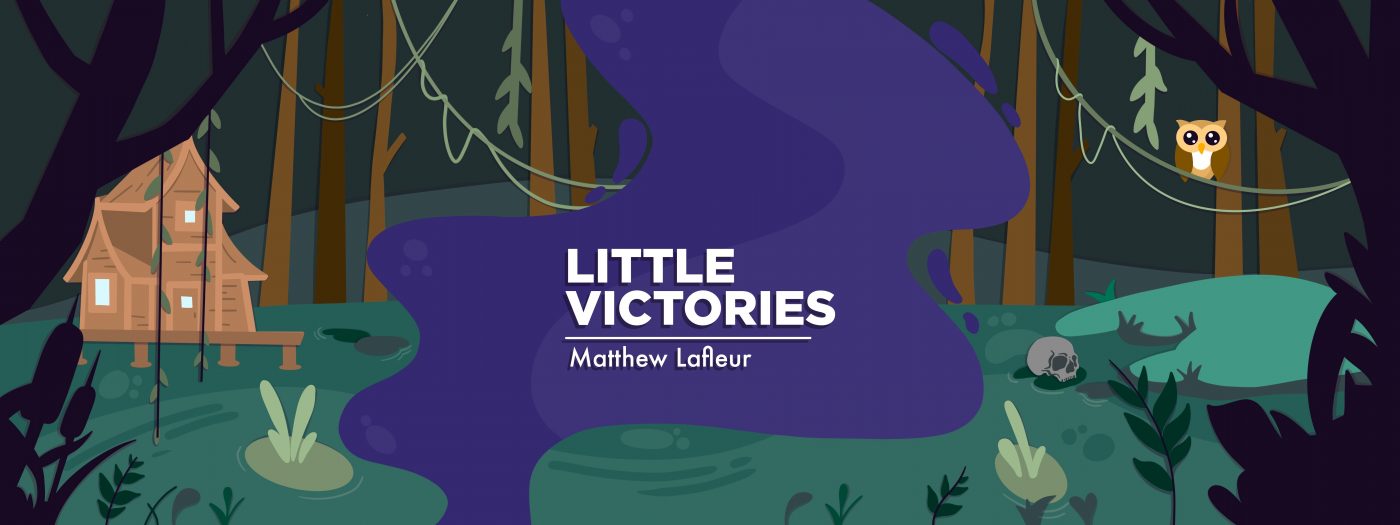Social Distancers and Rare Disease Patients Can Learn From One Another
Written by |

Although I believed that the COVID-19 pandemic was beginning to wane, the delta variant has caused a huge increase in cases. Social distancing and mask mandates are on the rise again, much to my disappointment.
The U.S. Food and Drug Administration’s current health guidelines aren’t very different from the everyday practices of rare disease patients, as I’ve written previously. They are inconvenient, though. Following these guidelines is mandatory and familiar for many of us, but it’s not easy.
I was struck over a year ago by an opinion piece in The Wall Street Journal called “Loneliness Is a Health Hazard, Too,” as it seemed very relatable for those in the rare disease community. The author, David Kopp, former CEO of Healthline and current advisor for Bionews (the parent company of Friedreich’s Ataxia News), agreed to talk about his op-ed with me via email exchanges. Excerpts of our conversation follow, with light editing for clarity.
ML: David, thanks so much for agreeing to answer some of my questions. In your op-ed from March of last year, you admitted you missed rudimentary things, like your commute to the office and spontaneous conversations at work. How are you doing nowadays, missing those types of activities?
DK: Matt, I am thriving in my new normal. I’ve built a routine around daily mindfulness and exercise, at least a few minutes every day outside in nature and a good sleep routine. It did take me some time to optimize my work situation (in the garage — but it’s quite comfortable and quiet), but I’ve generally found that as an introvert, being mostly remote and often in 1:1 or 1:few video meetings is actually a great way for me to connect with people. And I won’t lie, being able to walk the dog with a friend or meet up outside is always a highlight.
I knew your piece would be especially relevant to rare disease patients after only seeing the title. There are obvious parallels between social distancing and feeling “left out” living with a rare disease, like my Friedreich’s ataxia. What do you think social distancers and rare disease patients can teach each other about combating loneliness?
This is such a great question because it underlines the root of empathy in perspective-taking, but also the mechanics of empathy in seeing that while our situations may be very different, we do have similar experiences that allow us to begin to see from others’ perspectives.
While I am sure that the isolation of a rare disease is different and in many ways so much harder, I would imagine that two things that help social distancers also help those with rare diseases: First, building a MENDS routine (mindfulness, exercise, nature, diet, and sleep) as I mentioned above helps build our resilience and capacity to handle emotionally difficult experiences like loneliness. Second, just as I found that digital connections are quite different than in-person ones, when we set them up in a way that works for us, they can be a great antidote to loneliness.
One part of the op-ed that makes me smile is the positive view you take on social media. Although social media is often portrayed as a useless pariah, you point out ways that connecting to others — even online — is a vital method to combat loneliness. After all, social media was the first method I used to connect to others with FA and other types of rare diseases. Have your views on social media changed since your writing?
Matt, it is interesting that you asked about this as I did a lot more reading and contemplation of the topic during the pandemic (including watching the documentary “The Social Dilemma”). I still believe that social media businesses are platforms that can be used for good (healthy, diverse, and broadening connections) or for bad (dividing and radicalizing people) and that while people — you and me! — largely need to take responsibility for whether we use these platforms in a way that makes the world better or worse (for us and for others), I do have a more clear understanding of how the platforms themselves can work against our best intentions.
***
Thank you again to David Kopp. I hope we can work together more. (Introverted existentialists aren’t very common, after all.)
May we be able to use some of David’s wisdom when facing loneliness in the future, whether we’re surviving a rare disease or a pandemic.
***
Friedreich’s Ataxia News is strictly a news and information website about the disease. It does not provide medical advice, diagnosis or treatment. This content is not intended to be a substitute for professional medical advice, diagnosis, or treatment. Always seek the advice of your physician or another qualified health provider with any questions you may have regarding a medical condition. Never disregard professional medical advice or delay in seeking it because of something you have read on this website.The opinions expressed in this column are not those of Friedreich’s Ataxia News or its parent company, Bionews, and are intended to spark discussion about issues pertaining to Friedreich’s ataxia.




Leave a comment
Fill in the required fields to post. Your email address will not be published.